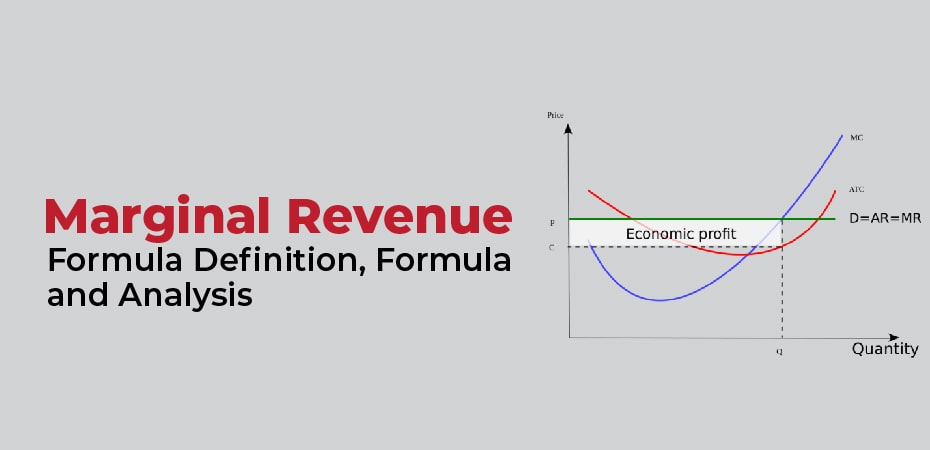
While running a business, you have to make correct financial decisions to generate more money and keep moving it forward in the right direction. You need a reliable and experienced financial advisor who can make decision-making easier for you by providing valuable insights and actionable plans. It can be time-consuming to find the right person for this position, but you have to be patient and mindful while hiring someone.
While looking for a financial advisor, you have to keep in mind your business type and needs. There are different types of financial advisors, so you have to decide based on your business niche. Avoid being frustrated since that can cloud your judgment. And to get you started, we’ve listed a few tips that will help you shortlist and hire the correct financial help you need.
Identify your business needs
The first step while looking for a financial advisor is to figure out your needs. You must understand what your business requires, what you want, and how the person giving advice fits into the equation. You will get financial planning services from some financial advisors, while some will offer investment consultancy. More importantly, you should also consider your location while looking for a financial advisor. For example, if you are running a business out of Australia’s money hub, look for help accordingly. In this case, you could run a quick Google search for ‘financial planner Brisbane’ and shortlist a few companies. Repeat the same for wherever your business is located in any part of the world. This way, the services you choose will give you the best advice based on local market dynamics.
Identifying your needs is crucial while you are looking to hire anybody for any job. To find the ideal candidate, you must know what type of services you require and how a potential advisor can fulfill your needs. To analyze where your requirements fall, you should know the different services offered by such professionals. If you want to plan your business’s future, you should look for an individual to forecast your financial statements. If you wish to streamline investment-related decisions, you should seek an individual to provide investment advisory services.
Analyze credentials
While hiring financial advisors, you should analyze their credentials. To engage individuals with good credentials, you should look for their PFS (personal financial specialist) or CFP (certified financial planner) status. By analyzing the candidate’s credentials, you will get to know whether they are qualified enough to meet your needs or not.
Individuals earn their credentials by passing an examination and showing their proficiency in a particular subject matter. An advisor should be able to meet the ethical requirements of the job. An individual’s credentials also portray a clear picture of their professional skills and capabilities, making it convenient for you to decide.
Ask the right questions
Asking the right questions to your shortlisted financial advisors is crucial to finalize the right person/company. It would be best to start by asking how long they have been in this field. Can they help you with different future projections? How do they wish to be compensated? Asking such questions will give you an idea about the person’s or company’s skills and how well they can meet your needs. It will also tell you how well they communicate and how they will handle clients. You should ask follow-up questions if you don’t get the answers you’re looking to hear.
Verify their credentials
To ensure that if someone has a proven track record of providing quality services, you should verify the advisors’ credentials. You should check their records with the financial industry regulatory authority and other financial regulatory bodies to verify complaint history and credentials.
If you find any complaint against the person or company under consideration, you should not rule them out immediately. Formal customer complaints stay on the record for a long time, so you should not bother about this. If someone has been in this field for a long time, they will likely have one complaint. But if an individual has multiple complaints, then you should look for other options.
Learn to find frauds
The risk of fraud increases when someone has custody of your assets. Most financial advisors use third-party custodians to hold your assets. It means that advisors will have access to your accounts, and they can offer services on the account and place trades. You have to be careful of the advisors who have custody of your assets or money. It would be best if you learned how to spot the risk of fraud to avoid any significant loss in the future. Research the record of the individual whom you are considering hiring. You have to be mindful while talking to firms or advisors who co-own investments they suggest to you.
Identify how the advisor wants to be compensated
There are different ways financial advisors charge fees for their services. These include various methods like asset-based fees, commissions, or hourly fees. You also have to understand the difference between a non-fee-only advisor and a fee-only advisor. A non-fee advisor may only be able to receive incentives from their company on their sales objectives. You have to decide what is the best compensation method for you as per your financial requirements.
If you need advice on purchasing an investment that you intend to keep for a long time, a commission-based payment will be suitable. It will be a cost-efficient option that will help you stay within a specific budget. On the other hand, if you want someone to update your business’s long-term financial plan, consider hiring services on a retainer or hourly basis.
Conclusion
Hiring a financial advisor can be one of the most critical decisions for your business. It can make or break the situation, so you have to be very careful while choosing the right person or advisory service company. You have to view individuals from different perspectives to ensure that they are the right choice to manage your finances. Also, thoroughly check their record and verify their credentials to ensure nothing is wrong with their past work history.








